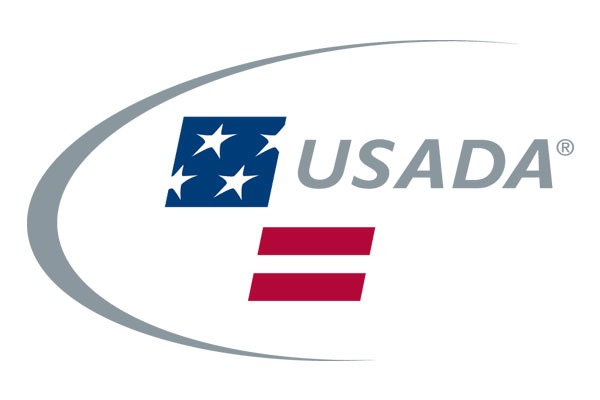 The U.S. Anti-Doping Agency (USADA) hosted a virtual collaboration meeting on August 11, 2020 in lieu of its annual Penrose Club education summit. The virtual gathering of the Penrose Club welcomed education managers and leaders from National Anti-Doping Organizations in Australia, Austria, Canada, Denmark, Germany, and New Zealand, as well as a representative from the World Anti-Doping Agency (WADA), to discuss issues critical to the future of anti-doping education.
The U.S. Anti-Doping Agency (USADA) hosted a virtual collaboration meeting on August 11, 2020 in lieu of its annual Penrose Club education summit. The virtual gathering of the Penrose Club welcomed education managers and leaders from National Anti-Doping Organizations in Australia, Austria, Canada, Denmark, Germany, and New Zealand, as well as a representative from the World Anti-Doping Agency (WADA), to discuss issues critical to the future of anti-doping education.
International participants contributed to a wide range of topics, including Anti-Doping Organization (ADO) collaboration, best practices, lessons learned, and application of theoretical and practical knowledge. From the meeting, USADA was able to identify key themes and takeaways, which will help inform and guide anti-doping education worldwide in the years to come.
One theme generated from the meeting was the need to curate an effective anti-doping education program through pedagogy and allocation of resources. Participants agreed that customizing educational experiences for athletes at various levels of competition (international, junior, elite, masters, etc.) is necessary for the successful development and implementation of anti-doping education plans that address core competencies and learning objectives. For this reason, members of the group will look to develop or continue to develop curriculum that prioritizes audience, while also incorporating practitioner knowledge, evidence-based research, and survey mechanisms.
The meeting also focused on substances of abuse education. The group recognized that ADOs will need to understand the differences between social drug use vs. addictive tendencies to develop effective education, and further noted that professional addiction assistance is an area of utmost importance if addiction is recognized for an athlete.
Finally, the group discussed online education engagement during a pandemic, acknowledging that evaluation of such programs can present challenges. The group found that the most valuable online education opportunities were those that included scenario-based education, focused on skill development, and incorporated athlete feedback.
The Penrose Club will continue to meet virtually as important anti-doping topics emerge and participants will focus on further strengthening collaboration with the Education Advisory Group for the Counsil of Europe. The Penrose Club is hopeful this collaboration will create innovation, synergy, and more resources for the greater anti-doping education community.
For more information or media inquiries, click here.



